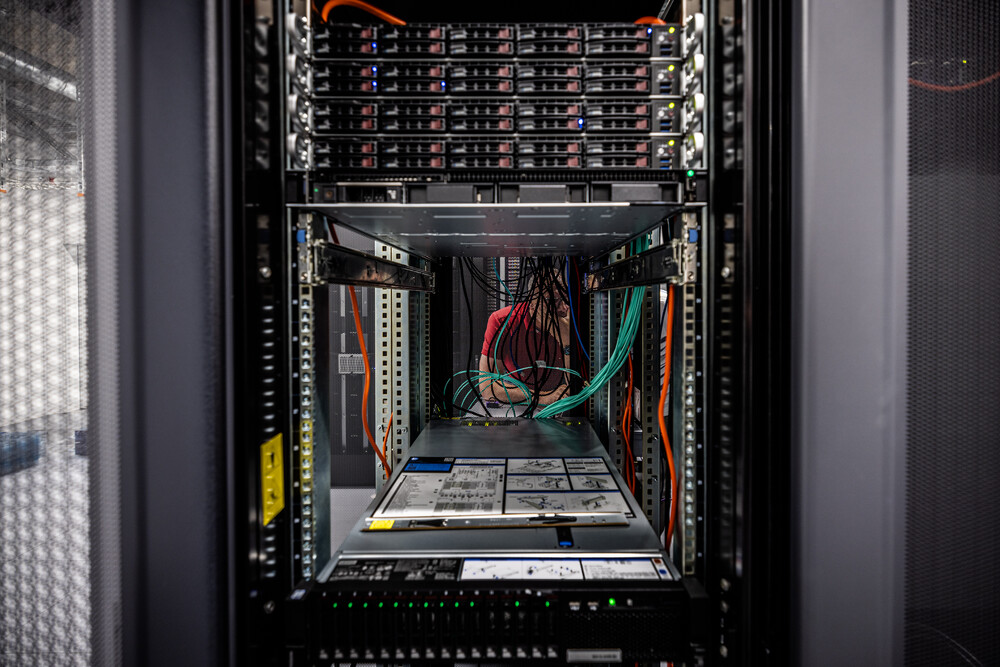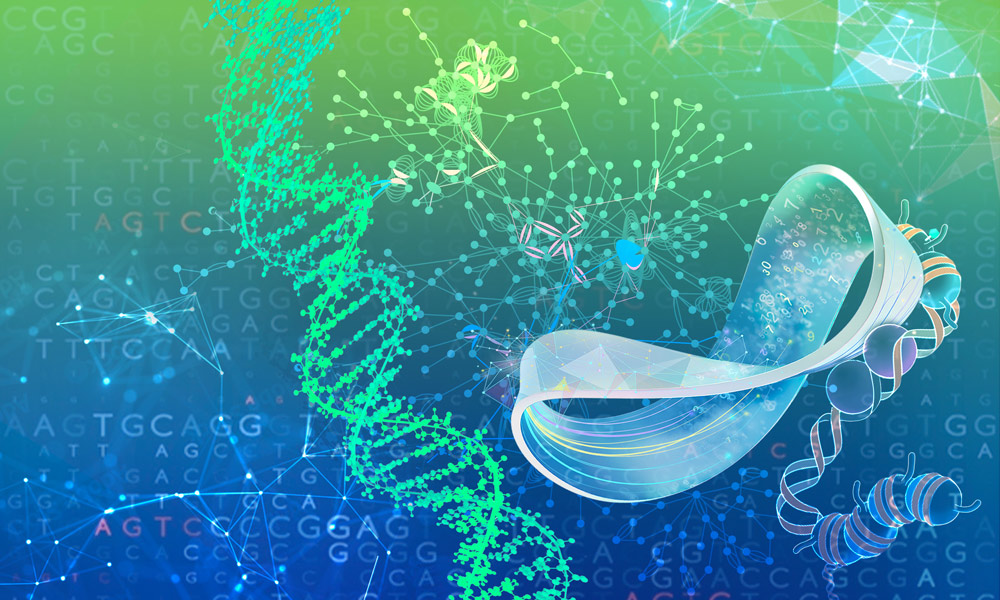
Acceleration in the right direction
We celebrated 50 years of growth and achievements, but EMBL is shaping its future today
The year 2024 offered a unique opportunity to reflect on the past while also looking forward.
It wasn’t just because it was EMBL’s 50th anniversary – which was certainly an auspicious occasion. In 2024, our three-year-old ‘Molecules to Ecosystems’ programme demonstrated that it is pointing us in the right direction. EMBL is accelerating toward its next 50 years…and beyond.
In 2022, when we started this research programme, I was excited by the expanded direction in which it would lead us. Our Traversing European Coastlines (TREC) project would take molecular biology expertise into the field. We would forge new collaborations. We would push technology, bringing it into environmental settings, too. We would harness the newest, most sensitive tools to ensure success across the entire organisation and across Europe more generally. And most importantly, we would broaden EMBL’s perspective to address critical societal issues that benefit from an interwoven molecular perspective in multidisciplinary approaches.
This year’s annual report offers a glimpse into the ongoing engagement that we sparked – involvement I attribute to our amazing staff and our programme’s collaborative approach to studying life in context. The linked stories highlight the steady pace of fundamental life sciences work that increasingly shed light on the complexity of living matter, biodiversity, and ecosystem changes. I believe our work has a new sense of urgency.









